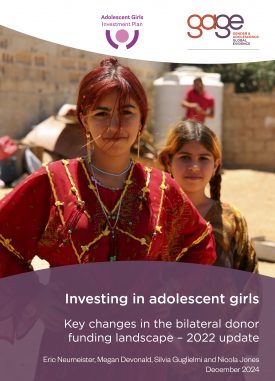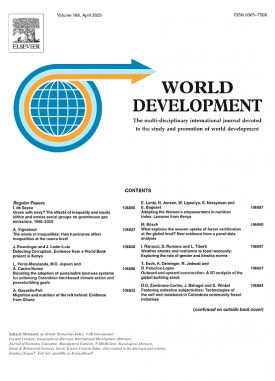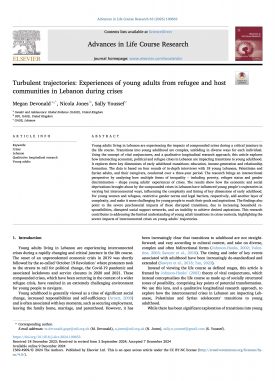Maintaining commitments to age-, gender- and disability-responsive healthcare services stipulated in the 2018 Global Compact on Refugees is challenging in Bangladesh’s Cox’s Bazar district, which is home for over two million Bangladeshi citizens in one of the poorest regions in the country and some 860,000 Rohingya refugees who fled Myanmar. Local Bangladeshi government structures have limited resources and unclear mandates on health service provision for the Rohingya, guided by competing political agendas including the repatriation of the Rohingya to Myanmar, relocation to other areas of Bangladesh and the continuation of parallel humanitarian health-service provision in the camps. The Global Compact seeks to guarantee the expansion of national health systems to refugees and to prioritise sector expertise to enhance quality of care to host communities and refugees alike. The response from the health, food security and nutrition sectors in Bangladesh – guided by the Civil Surgeon, the World Health Organization (WHO), the World Food Programme (WFP), UNICEF and their partners and donors – has provided life-saving clinical and preventive care since the mass refugee influx in 2017. However, limited capacity and political will for the district to absorb the Rohingya into national health systems, have limited the scope for both refugee inclusion and the commitment to age-, gender- and disability-responsive healthcare services for refugees.
There is strong impetus to understand perceptions around healthcare in Cox’s Bazar, as well as evidence around the health and nutrition status of overlooked populations – including adolescents. In response to the identification of critical gaps in the health sector, including emergency obstetric care and family planning provision, the 2020 Joint Response Plan for the Rohingya Humanitarian Crisis (JRP) (Inter-Sector Coordination Group (ISCG et al., 2020) has declared adolescent health as a key priority.
Drawing on data from the Gender and Adolescence: Global Evidence (GAGE) study nested within the larger Cox’s Bazar Panel Survey (CBPS), this policy brief discusses the age- and gender-based health risks facing adolescents within Rohingya refugee and Bangladeshi host communities. It concludes with recommendations to accelerate progress towards addressing critical gaps for adolescents as the Rohingya crisis becomes more protracted.
Suggested citation
Guglielmi, S., Jones, N., Muz, J., Baird, S., Mitu, K. and Ala Uddin, M. (2020) ‘We didn’t come here to eat. We came here to save our life’: Health and nutrition challenges facing adolescents in Cox’s Bazar, Bangladesh.’ Policy Brief. London: Gender and Adolescence: Global Evidence. (https://www.gage.odi.org/publication/we-didnt-come-here-to-eat-we-came-here-to-save-our-life-health-and-nutrition-challenges-facing-adolescents-in-coxs-bazar-bangladesh/)


